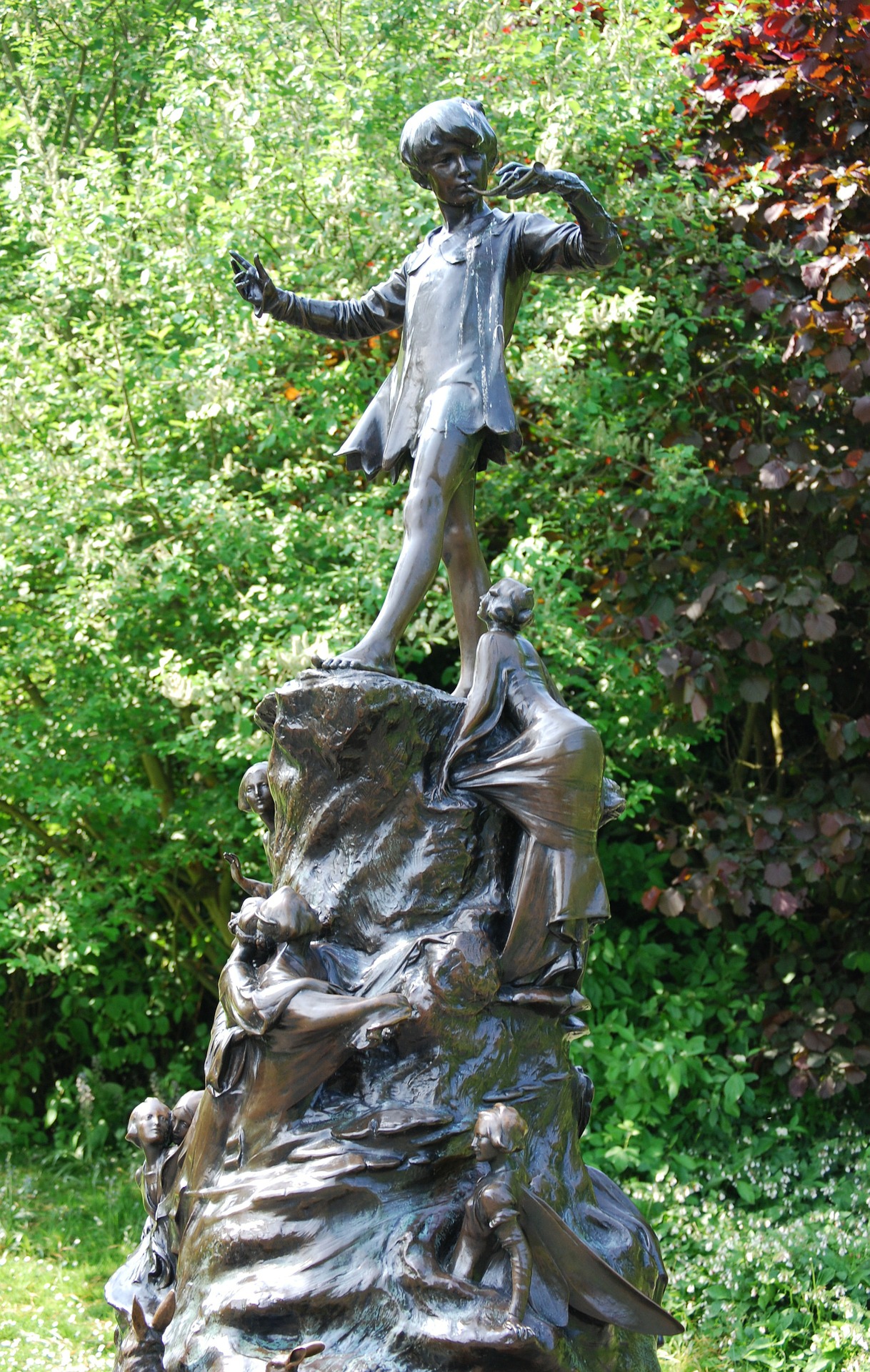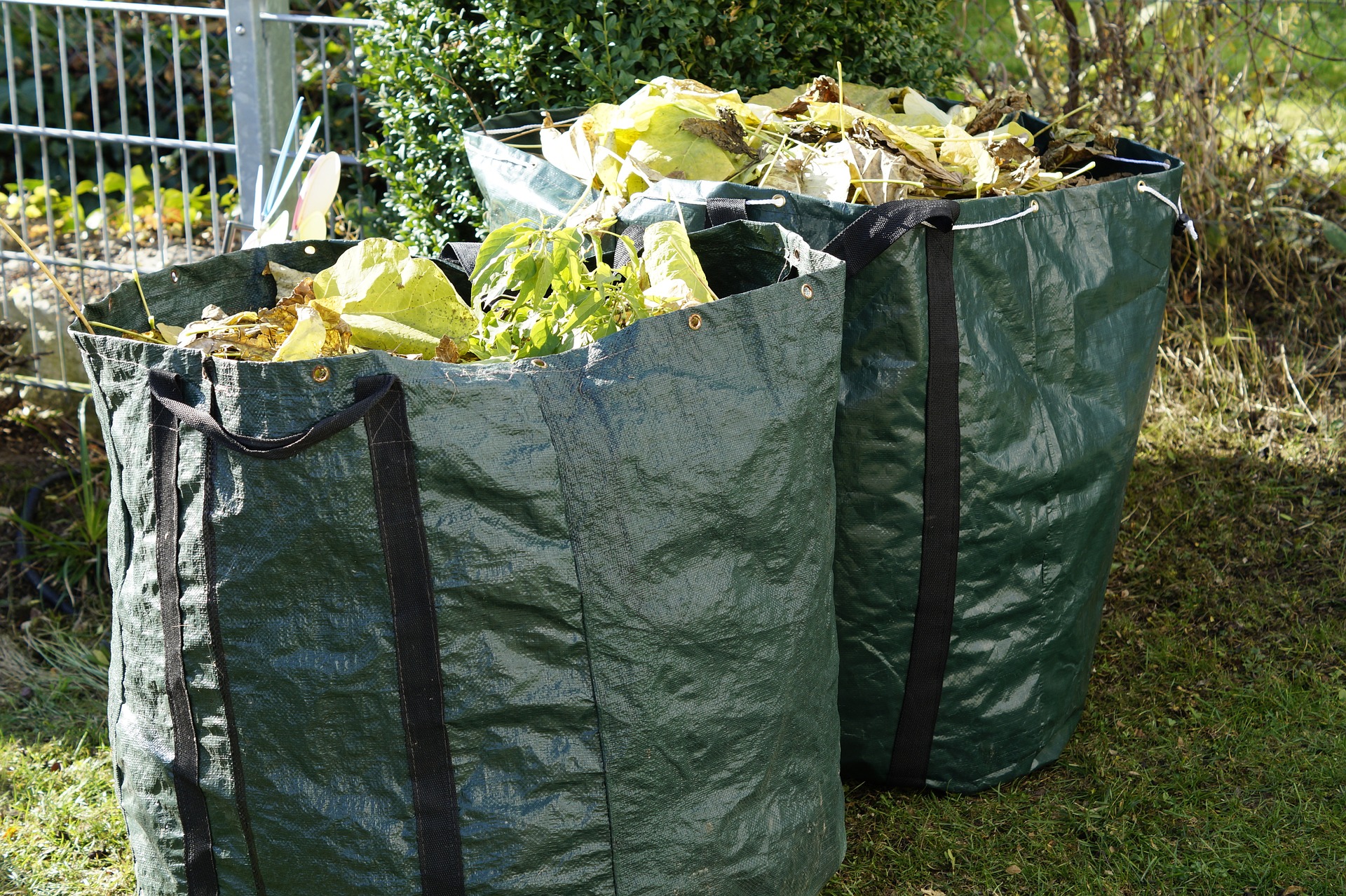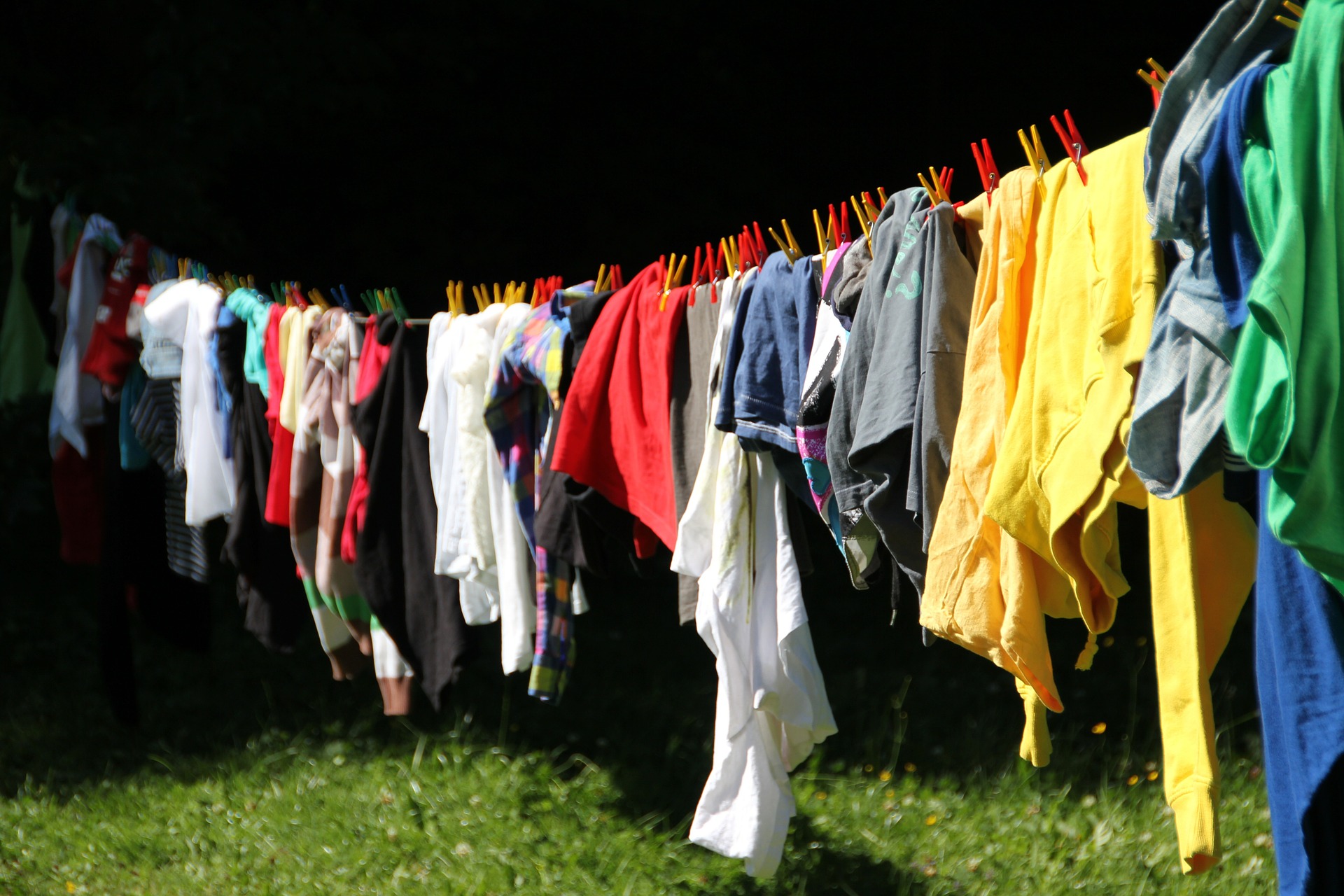Adulting is an informal term to describe behavior that is seen as responsible and grown-up. This behavior often involves meeting the mundane demands of independent and professional living, such as paying bills and running errands (dictionary.com). Adulting is a fairly new gerund that stems from the use of the word adult as a verb. A gerund is a verb form ending in ing that acts as a noun. … It stems from the fairly recent use of the word adult as a verb, related words are adults, adulted (grammarist.com). The practice of behaving in a way characteristic of a responsible adult, especially the accomplishment of mundane but necessary tasks (oxforddictionaries,com).
Urban Dictionary defines “adulting” as “to do grown-up things and hold responsibilities such as a 9-5 job, a mortgage/rent, a car payment, or anything else that makes one think of grownups.” In the past year, the term “adulting” has increased in usage by 700 percent on Twitter. It’s now so mainstream that brands like Reese’s and Talenti are using it on social media to target to millennial consumers.

Most millennial Filipinos do not seem to have adulting problems except those who were born with the proverbial silver spoon in their mouth. There’s a video on Facebook at Adulting Philippines page showing how crazy rich Heart Evangelista is. In the video was Heart’s conversation with Chiz Escudero where the latter pointed out that Heart was crying when Chiz asked her to go to the bank and fill out a form.
And there are doting but not really rich parents who never trained their children to do household chores. The sense of responsibility was never imbibed in their kids who later face adulting problems. Perhaps the struggles with adulting may be linked to Peter Pan Syndrome.

Peter Pan syndrome is an inability to grow up or engage in behavior usually associated with adulthood. The term comes from the fictional children’s character Peter Pan, who never ages. While transageism, or adults regarding themselves as juveniles or adolescents is not listed in the Diagnostic and Statistical Manual of Mental Disorders, and is not recognized by the American Psychiatric Association as a specific mental disorder, the concept is modeled on transgenderism. This transeageist concept has garnered a great deal of controversy. People who exhibit characteristics associated with the Peter Pan syndrome are sometimes referred to as Peter Panners.

A prominent example of a celebrity with Peter Pan syndrome was Michael Jackson, who said, “I am Peter Pan in my heart.” Jackson named the 2,700-acre Los Olivos, California property, where he lived from 1988 to 2005, Neverland Ranch after Neverland, the fantasy island on which Peter Pan lives. He said that it was his way of claiming a childhood he never had, having started early as a performing artist with his family. He had built there numerous statues of children, a floral clock, a petting zoo, a movie theater, and a private amusement park containing cotton candy stands, two railroads, a Ferris wheel, carousel, Zipper, Octopus, Pirate Ship, Wave Swinger, Super Slide, roller coaster, go-karts, bumper cars, a tipi village, and an amusement arcade. As The New York Daily News staff writer, Carrie Milago, reported on 26 June 2009: “On Jackson’s dime, thousands of schoolchildren visited over the years, from local kids to sick youngsters from far away.” Visitors “often recalled it as dreamlike”, she observed. A preschool teacher visiting the site told USA Today in 2003, Neverland “smells like cinnamon rolls, vanilla and candy and sounds like children laughing” (Wikipedia).

In “The Peter Pan Syndrome, Why Smart People Fail” on Psychology today, writer Marty Nemko presented the most common manifestations of the Peter Pan Syndrome (and certainly related to adulting challenges):
An unwillingness to get working or stay working when you’re not motivated. If you’re only willing to work hard when you feel like it, you won’t feel like it often enough. Working hard must be something you do; it’s not a decision to make. It’s foundational.
Dabbling: being unwilling to stay focused on becoming sufficiently expert at anything. Brilliant people can achieve excellence in many areas but most people can’t.
Networking aversion. Not having taken the time to develop the deep connections with the right people that, alas, often are needed to land and succeed at a good job.
Betting on longshot dreams: becoming a self-supporting actor, artist, documentary filmmaker, sports marketer, environmental activist, fashion executive, etc. Yes, obviously, some people have achieved such goals but unless you are unusually talented and driven (ideally with great connections,) your chances are small. Yet some people cling to their longshot dream, sometimes as an excuse for not doing the work required to launch a more realistic career.
Abusing alcohol or drugs.
Blaming your failure on something your parents, spouse, or former employer did to you. Many people who were terribly abused–including, for example, many survivors of the Holocaust or of Japanese internment camps–did just fine. You’ve probably suffered a lot less. Unless you suffer from a severe physiologically caused mental illness, you too can probably triumph over your past.





